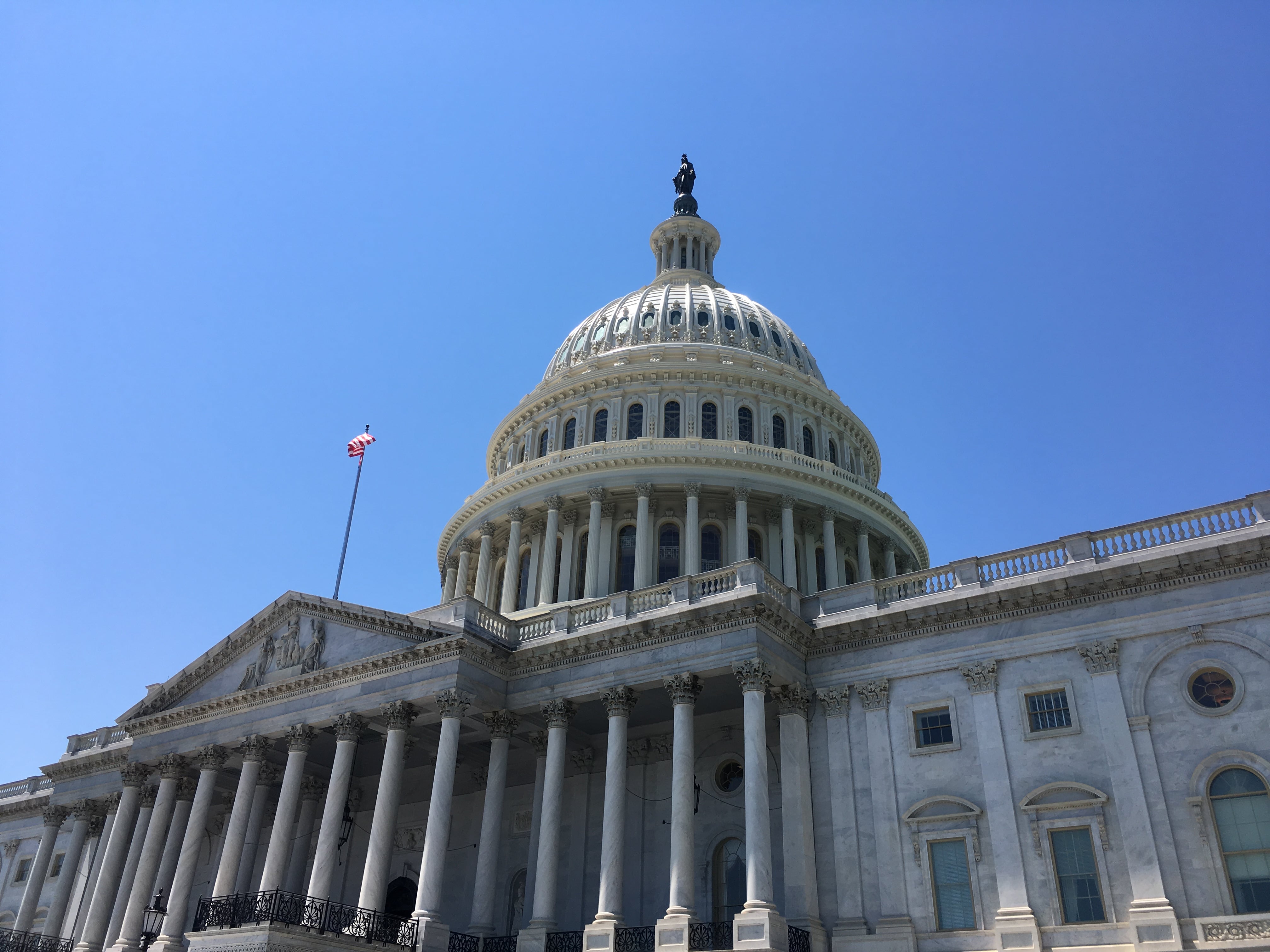Senate lawmakers on Thursday took another step toward erasing the threat of a government shutdown over the Thanksgiving holiday by passing a four-week budget extension, raising the possibility of a Christmas shutdown instead.
The move came over continued objections from some defense lawmakers who warned the short-term budget deals jeopardize military planning by keeping Pentagon funding stuck at last fiscal year’s levels and adding future uncertainty into long-range procurement plans.
But House lawmakers advanced the deal by a 231-192 vote on Wednesday and the Senate by a 74-20 vote a day later, noting that without the one-month reprieve federal workers would have faced furloughs and program halts starting Friday morning.
President Donald Trump has indicated he will sign the measure into law later in the day, meaning the new budget extension would run out on Dec. 20.
RELATED

This is the second extension passed by Congress since the days leading up to the new fiscal year (Oct. 1) even though congressional Democrats and Republicans reached a deal on spending plans for fiscal 2020 over the summer.
In July, both chambers agreed to the outline of a two-year, $2.7 trillion budget plan with $738 billion in military funding for fiscal 2020, about a 3 percent raise from last year’s defense spending levels.
But since that funding breakthrough, negotiations between the two parties and two chambers have been stalled over details.
In particular, Democrats have sought to place limits on President Donald Trump’s ability to shift military construction funds into his controversial southern border wall construction project. Republicans have insisted on leaving that language out of any budget plan.
That same fight prompted a 34-day partial federal shutdown at the start of the year, one which caused missed paychecks for members of the Coast Guard and numerous other federal employees. The Defense Department and Department of Veterans Affairs were not among the agencies caught in that confrontation.
Thursday’s vote gives lawmakers a few more weeks in this session of Congress to try and find a compromise on the fiscal fights, or opt for a full-year extension of fiscal 2019 spending levels.
On Wednesday, Senate Appropriations Committee Chairman Richard Shelby said talks between lawmakers and the White House, “keep improving … but we haven’t gotten there quite yet.”
Earlier this week, Republicans on the House Armed Services Committee warned that move could be debilitating for the armed forces, potentially cutting $3.8 billion in anticipated funding for military personnel programs and almost $13 billion in anticipated funding for military readiness accounts.
RELATED

“These stop-gap measures do more than just waste taxpayer dollars, they deny our troops and the country tangible resources needed to keep America safe,” the group said in a statement. “A year-long CR would essentially cut billions from what senior commanders and national security leaders have testified is required to keep our country safe.”
Deputy Defense Secretary David Norquist echoed that message later in the week, saying the Pentagon is effectively barred from starting new acquisition programs or buying more ammunition, replacement parts, or anything else than it did the year before.
Leo covers Congress, Veterans Affairs and the White House for Military Times. He has covered Washington, D.C. since 2004, focusing on military personnel and veterans policies. His work has earned numerous honors, including a 2009 Polk award, a 2010 National Headliner Award, the IAVA Leadership in Journalism award and the VFW News Media award.
Joe Gould was the senior Pentagon reporter for Defense News, covering the intersection of national security policy, politics and the defense industry. He had previously served as Congress reporter.




